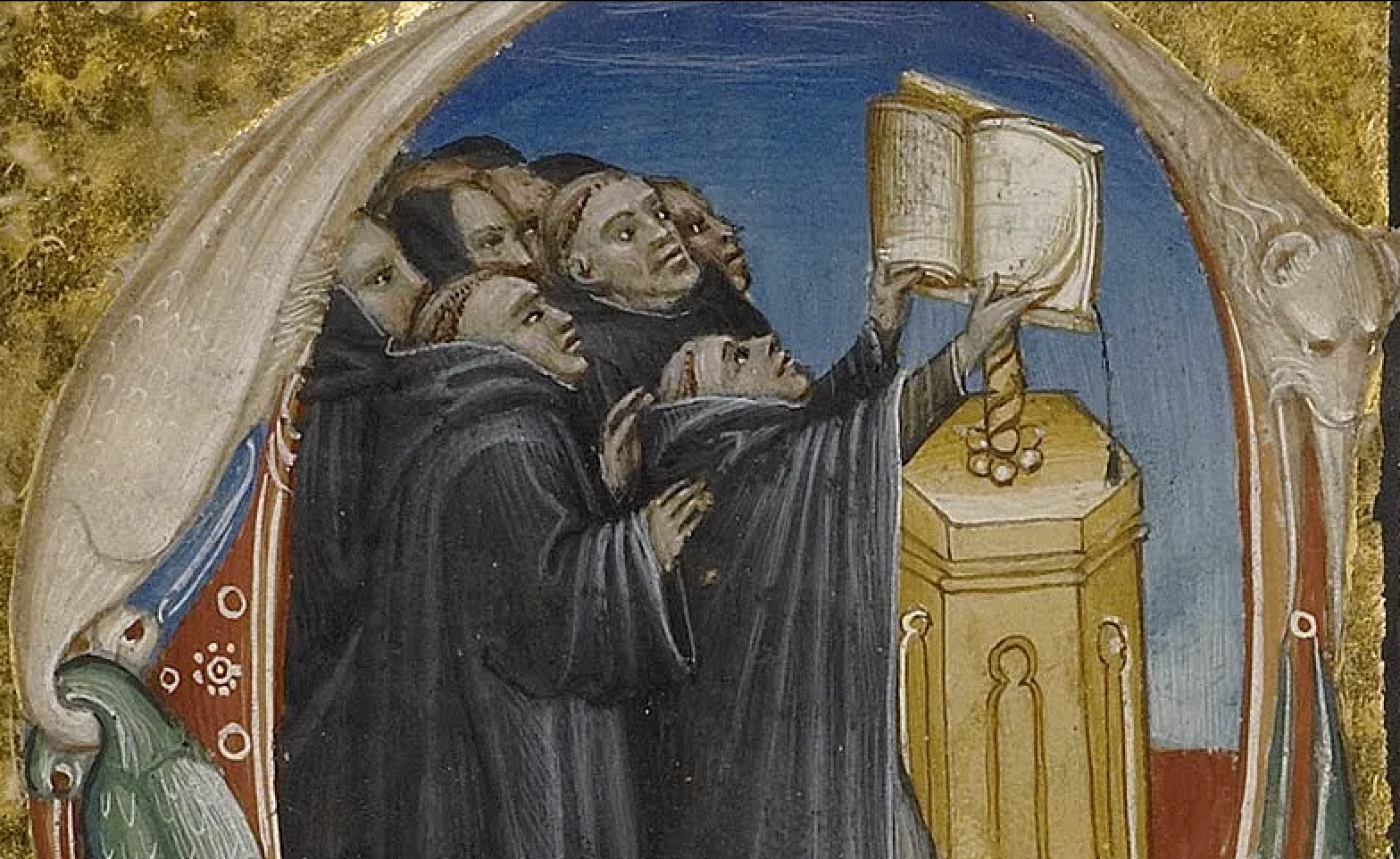On Silence in Theology (By the Interfaith Youth Team)
There is a peculiar intensity to silence. In the realm of theology, where words strive to capture the infinite, silence emerges not as the absence of thought but its very culmination. One recalls the mystic Meister Eckhart who said, “There is nothing so much like God as silence.” To understand this, one must separate silence as void from silence as reverence—this latter being the theatre where the divine, often muffled by language, is allowed its purest performance.
Indeed, silence is a mode of worship. When the Qur’an declares “Be silent and listen when the Qur'an is recited,” it is not only a directive for discipline but a commandment to absorb divinity. The same is found in the monastic traditions of Christianity: Trappist monks, in their near-total speechlessness, do not flee from language but rather ascend towards a speech unspoiled by the ego. In this way, silence is not a barrier to theology but its most honest articulation.
Indeed, the metaphysics of silence suggests that God, being beyond comprehension, is often best encountered in what is left unsaid. When Job’s friends fail him with words and God replies from the whirlwind, it is not the answers that matter but the unspeakable mystery behind them. Silence then becomes the answer. It is a testimony to the limits of man and the boundlessness of the divine.
To pray silently is to admit, with grace, the futility of language before the infinite. It is to approach, with trembling, the hem of a mystery too great to be voiced. In this quietude, theology becomes less about systematizing belief and more about inhabiting it. Less about grasping God, more about being grasped by Him.
Thus, silence is not retreat but presence. It is the space where doubt and faith are not in contradiction but coexist as the dual breath of the seeker. For the highest truths, as Plato implied, are not taught—they are remembered, or perhaps, realized in silence. And maybe, just maybe, that is where God waits—not in the thunder, nor in the fire, but in the still, small voice that says nothing at all.
